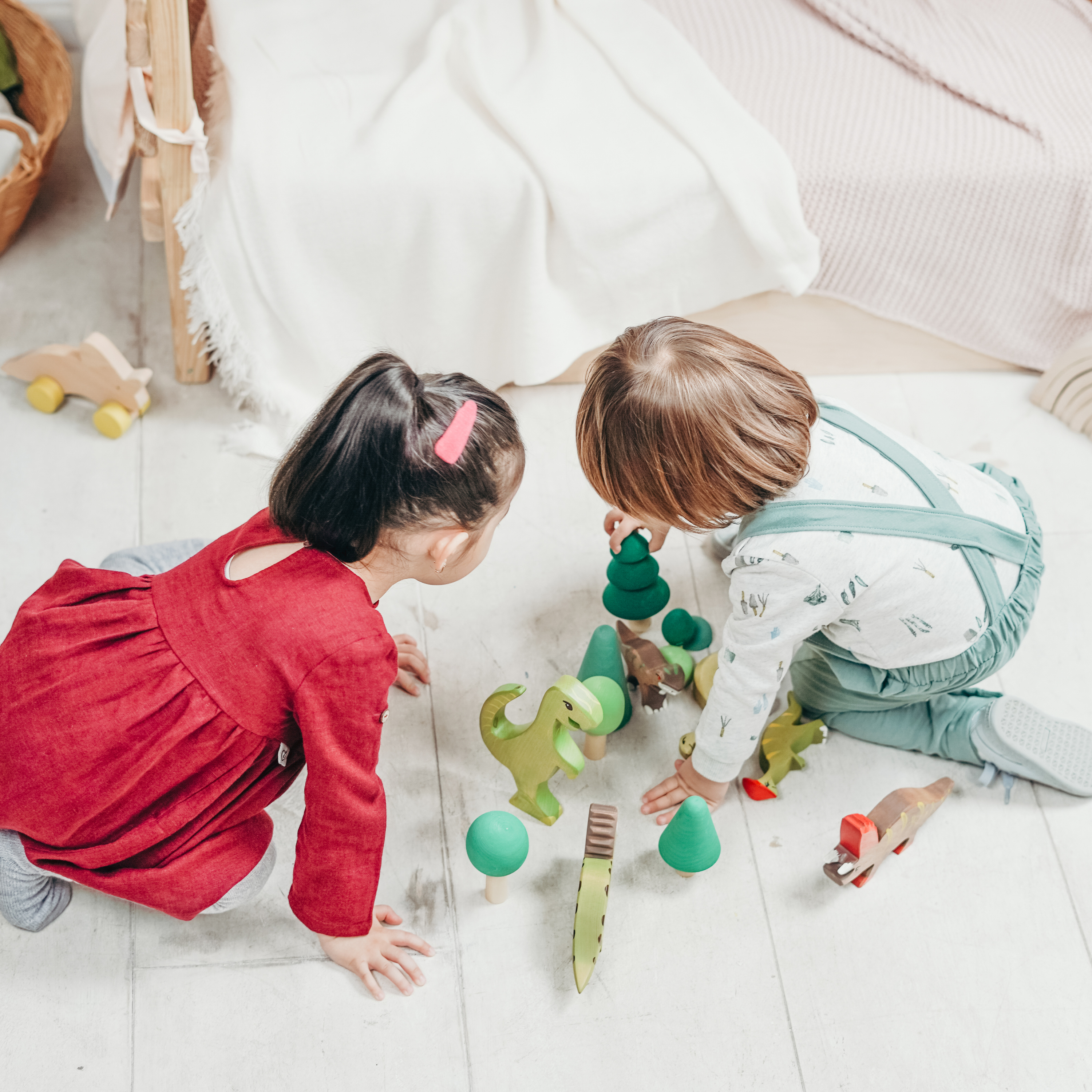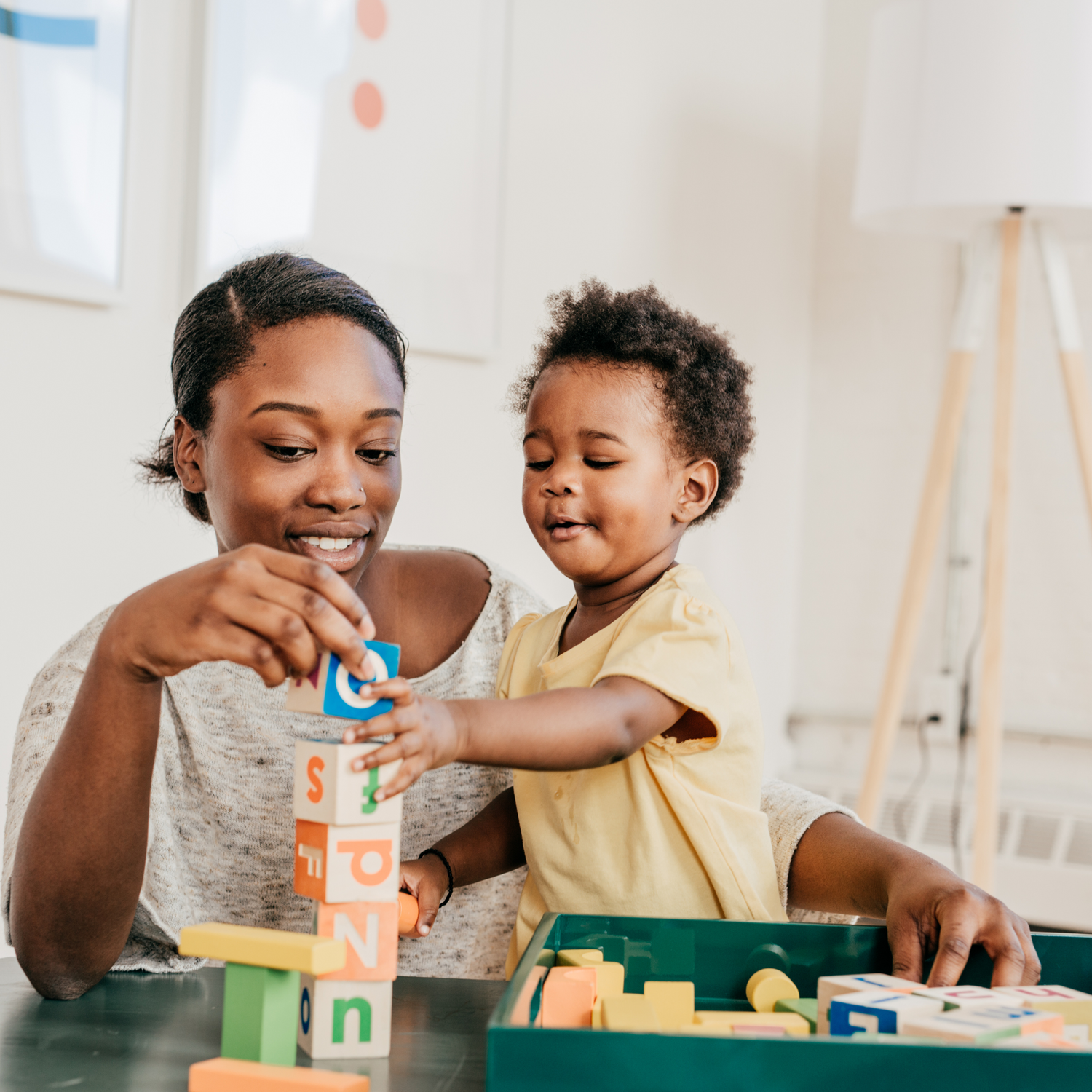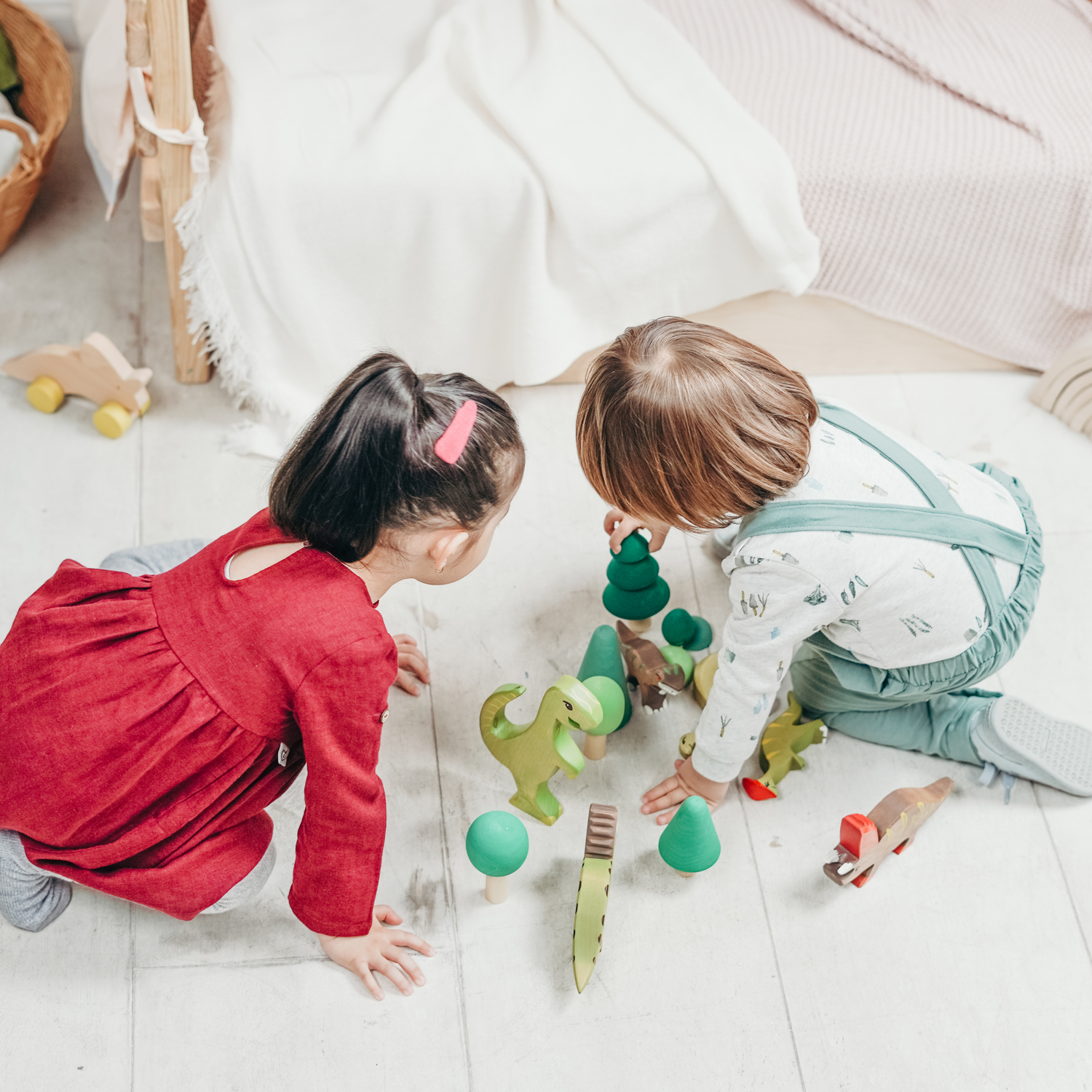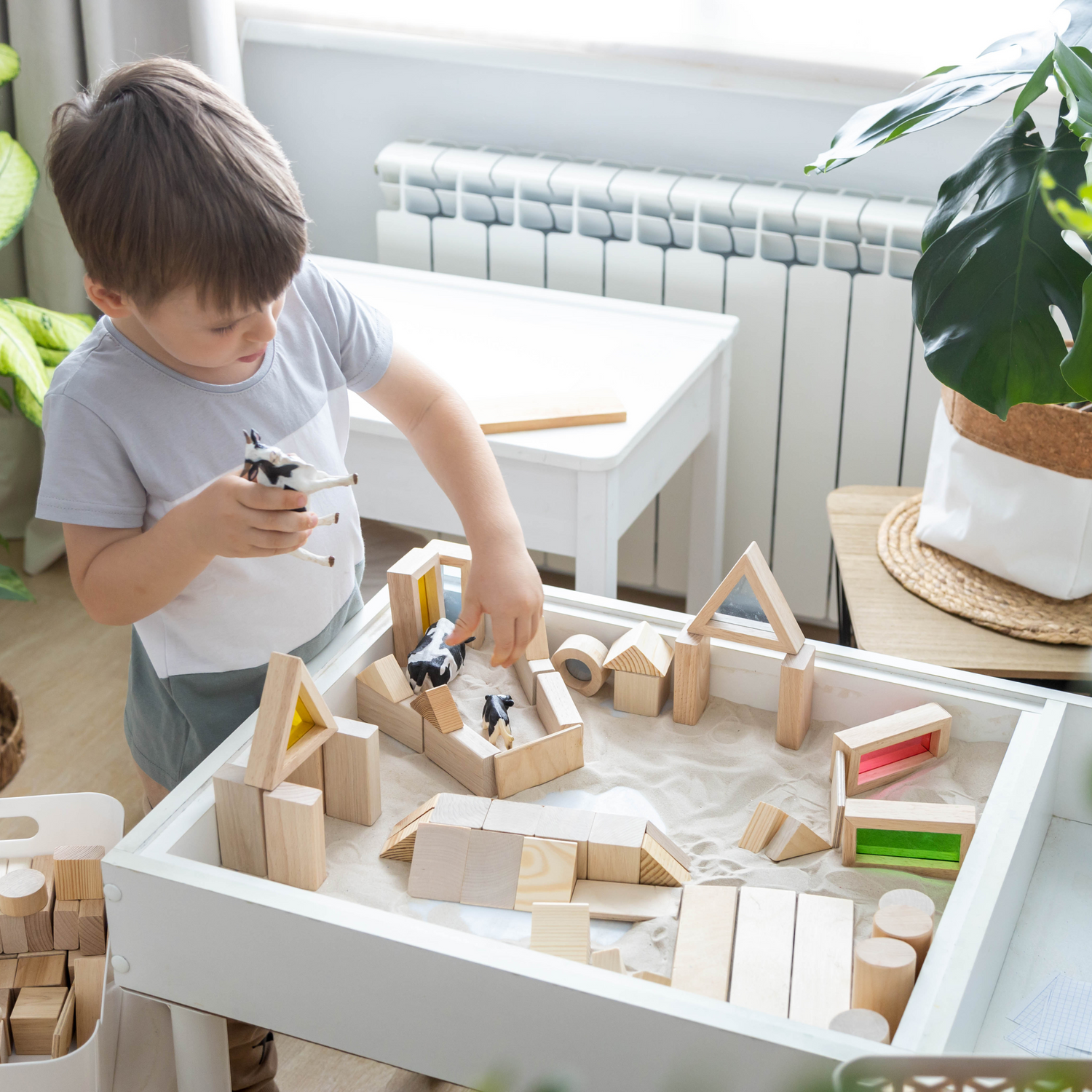Introduction: As parents, we all wish to give our children the best tools for learning and development. Learning toys are not just a source of entertainment; they are key to unlocking the potential within our young learners. This guide dives into the world of educational toys and how they can contribute to your child's cognitive, social, and physical development.
The Importance of Learning Toys in Early Development: Learning toys play a pivotal role in stimulating a child’s intellect and nurturing their curiosity. These toys are designed to challenge the mind, encourage problem-solving skills, and promote critical thinking from an early age.
1. Cognitive Development: Educational toys such as puzzles, building blocks, and interactive electronic devices help develop critical thinking and problem-solving skills. These toys also aid in improving concentration and memory, setting a solid foundation for lifelong learning.
2. Social Skills: Toys that encourage cooperative play, like board games and team sports equipment, are excellent for teaching children about teamwork, sharing, and empathy. Role-playing toys, such as play kitchens and dolls, allow children to mimic social interactions and develop communication skills.
3. Emotional Growth: Learning toys can also help children understand and express their emotions. Toys like art supplies and music instruments provide a creative outlet for children to explore their feelings and cope with different emotions.
4. Physical Development: Toys that require physical activity, such as balls, jump ropes, or even tech-driven active games, promote motor skills and overall health. They help improve coordination, balance, and strength, which are crucial during the early years of development.
Selecting the Right Learning Toys:
- Choose Age-Appropriate Toys: Ensure the toys match your child’s developmental stage to provide an appropriate level of challenge.
- Look for Multi-functional Toys: Toys that can be used in various ways extend playtime and continue to offer learning benefits as your child grows.
- Prioritize Safety: Always opt for toys that are safe, durable, and made with non-toxic materials.
Integrating Learning Toys into Everyday Play: Incorporating educational toys into daily activities is simple. Set aside time for your child to play with these toys independently, and also engage with them to facilitate learning and bonding. This balanced approach helps reinforce the skills learned and provides a nurturing environment for development.
Conclusion: Learning toys are powerful tools that contribute significantly to the holistic development of children. They are not merely for play but are instrumental in building the foundation of skills that children will use throughout their lives. By choosing the right toys, you can provide your child with a fun, engaging, and enriching experience.
Call to Action: Explore our wide range of educational toys designed to inspire and develop young minds. Visit our store ThinkerToys to find the perfect tools to enhance your child's learning journey!





